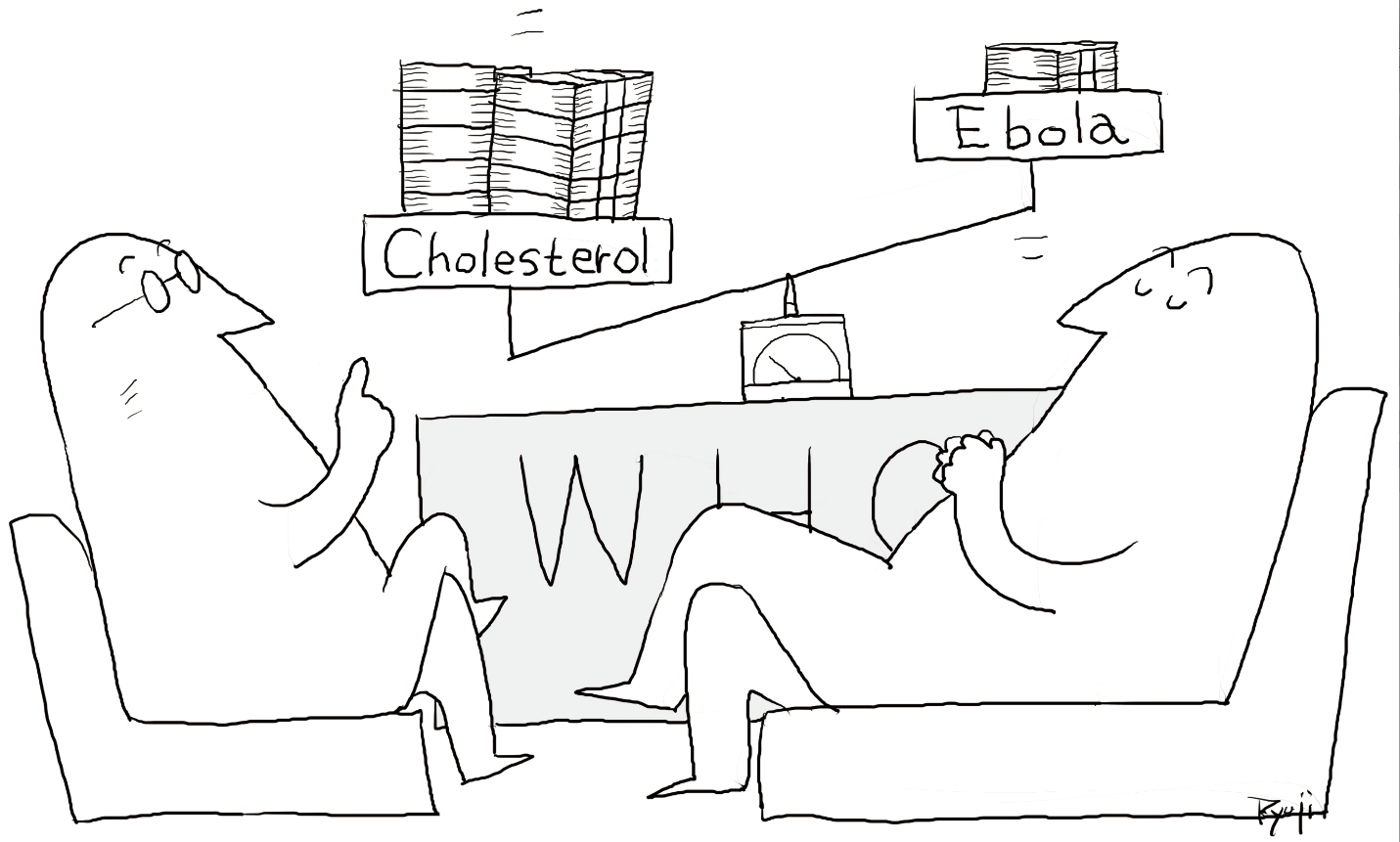No end is in sight to the current outbreak of Ebola, the worst of its kind in history. On Sept. 23, the Centers for Disease Control and Prevention (CDC) of the United States issued a horrifying forecast that by next January, up to 1.4 million people could be infected with the Ebola virus, and it criticized the World Health Organization (WHO) for failing to accurately grasp the prevailing circumstances and for underestimating the seriousness.
Other countries are also criticizing the WHO for not having paid enough attention to Ebola, thus allowing the virus to spread, and for not being able to effectively cope with it.
The WHO's inability to fight Ebola can be traced not only to its own organizational problems but also to its "collusive relations" with the pharmaceutical industry. Brice de le Vingne, director of operations for Doctors Without Borders (also known by its French acronym MSF, which stands for Medecins Sans Frontieres), said in an interview with Reuters that the present state of WHO could be compared to a frog placed in a pot of tepid water on a stove. It would feel comfortable at first but would not perceive the danger as the water temperature slowly rose and eventually would be boiled alive.

















With your current subscription plan you can comment on stories. However, before writing your first comment, please create a display name in the Profile section of your subscriber account page.